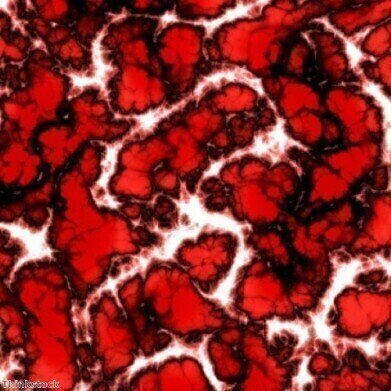-
 Bacteria could explain why stress triggers heart attacks
Bacteria could explain why stress triggers heart attacks
News
Bacteria could explain why stress triggers heart attacks
Jun 11 2014
A team of scientists believe they may have a found an explanation as to why stress and emotional shock can trigger heart attacks in vulnerable people.
Hormones released during anxious or stressful periods appear to make bacterial biofilms on arterial walls disperse, allowing plaque deposits to enter the bloodstream.
The research has been published in mBio, an online open-access journal of the American Society for Microbiology.
Author of the study Dr David Davies from Binghamton University in New York said: "Our hypothesis fitted with the observation that heart attack and stroke often occur following an event where elevated levels of catecholamine hormones are released into the blood and tissues, such as occurs during sudden emotional shock or stress, sudden exertion or over-exertion."
Dr Davies and his team isolated and cultured different species of bacteria from diseased carotid arteries, which had been taken from patients diagnosed with atherosclerosis. The results showed the presence of a number of bacterial species living as biofilms in the walls of every plaque-covered or atherosclerotic carotid artery tested.
Under normal circumstances, biofilms are resistant to antibiotic treatment and the immune system, but when they receive a molecular signal, biofilms undergo dispersion, releasing enzymes to break down the scaffolding that keeps the bacteria in the biofilm. These enzymes could potentially digest nearby tissues that work to prevent arterial plaque from entering the bloodstream.
According to Dr Davies, this could provide a scientific explanation for the long-held belief that stress, a sudden shock, or overexertion can cause heart attacks. To test this, the team added norepinephrine to recreate the body under stress or exertion and found that biofilms formed on the inner walls of silicone tubing.
"At least one species of bacteria - Pseudomonas aeruginosa - commonly associated with carotid arteries in our studies, was able to undergo a biofilm dispersion response when exposed to norepinephrine, a hormone responsible for the fight-or-flight response in humans," said Dr Davies.
As biofilms are closely bound to arterial plaques, the dispersal of a biofilm could cause the sudden release of the surrounding arterial plaque, triggering a heart attack.
Digital Edition
Lab Asia Dec 2025
December 2025
Chromatography Articles- Cutting-edge sample preparation tools help laboratories to stay ahead of the curveMass Spectrometry & Spectroscopy Articles- Unlocking the complexity of metabolomics: Pushi...
View all digital editions
Events
Jan 21 2026 Tokyo, Japan
Jan 28 2026 Tokyo, Japan
Jan 29 2026 New Delhi, India
Feb 07 2026 Boston, MA, USA
Asia Pharma Expo/Asia Lab Expo
Feb 12 2026 Dhaka, Bangladesh


















